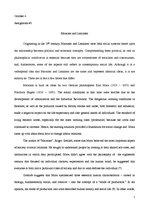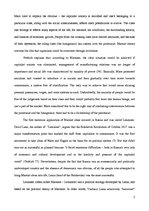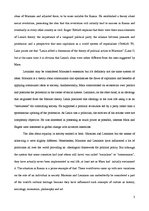-
Marxism and Leninism
Leninism may be considered Marxism's extension but it's definitely not the same system of ideas. Marxism is a theory about communism that epmhasizes the flaws of capitalism and benefits of applying communist ideas to society; fundamentally, Marx concentrated on economics over politics and positions the proletariat in the center of social system. Leninism, on the other hand, is an ideology that originated from the Marxist theory. Lenin practiced this ideology in his own life using it as an “instrument” for controlling society. He supported a political revolution led by a party rather than a spontaneous uprising of the proletariat. As Lenin was a politician, the motives of his actions were not completely objective. He was interested in possesing as much power as possible, whereas Marx and Engels were interested in global change with no secret intentions.
The idea about equality in society existed in both Marxism and Leninism but the means of achieving it were slighlty different. Nonetheless, Marxism and Leninism have influenced a lot of politicians all over the world providing an ideological framework for political policy. But although the system that some countries had (and others still have) was called “socialism” or “communism”, they have actually never been implemented in real life, at least not as Marx had initially envisioned it. The situation in Russia is a prime example of that. …
Originating in the 19th century, Marxism and Leninism were both social systems based upon the relationship between political and economic concepts. Comprehending these political, as well as philosophical worldviews is essential because they are cornerstones of socialism and communism, and, furthermore, some of the aspects still reflect in contemporary social life.




